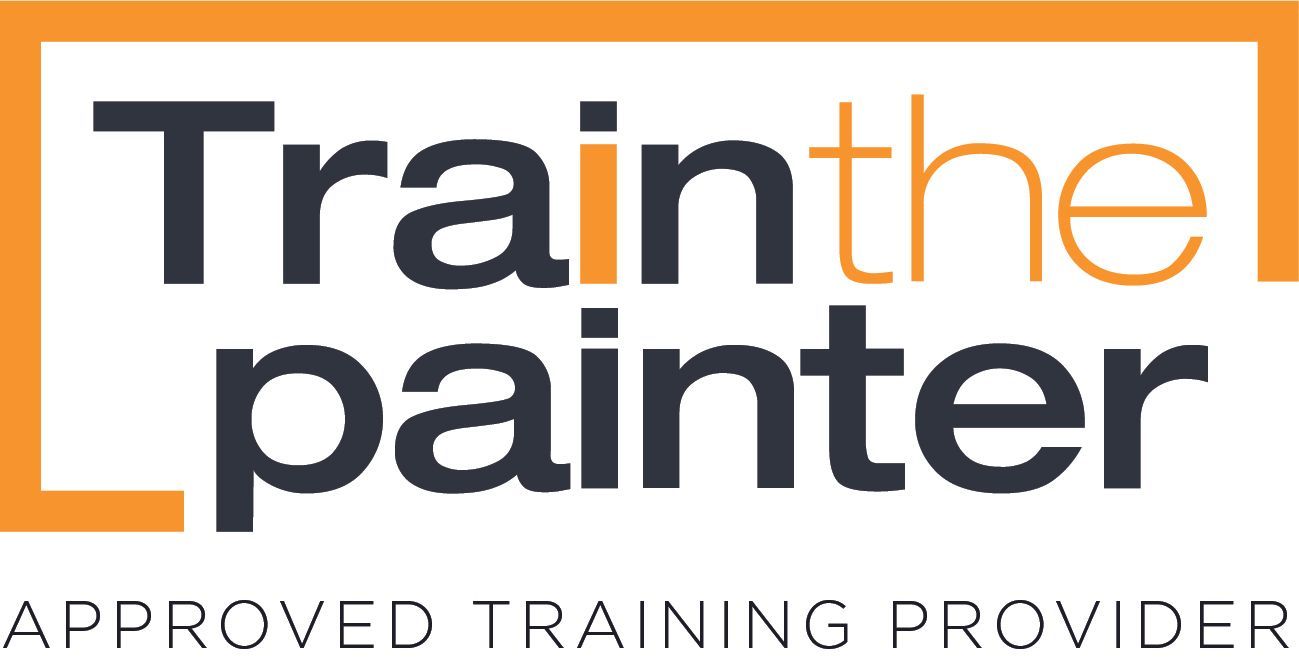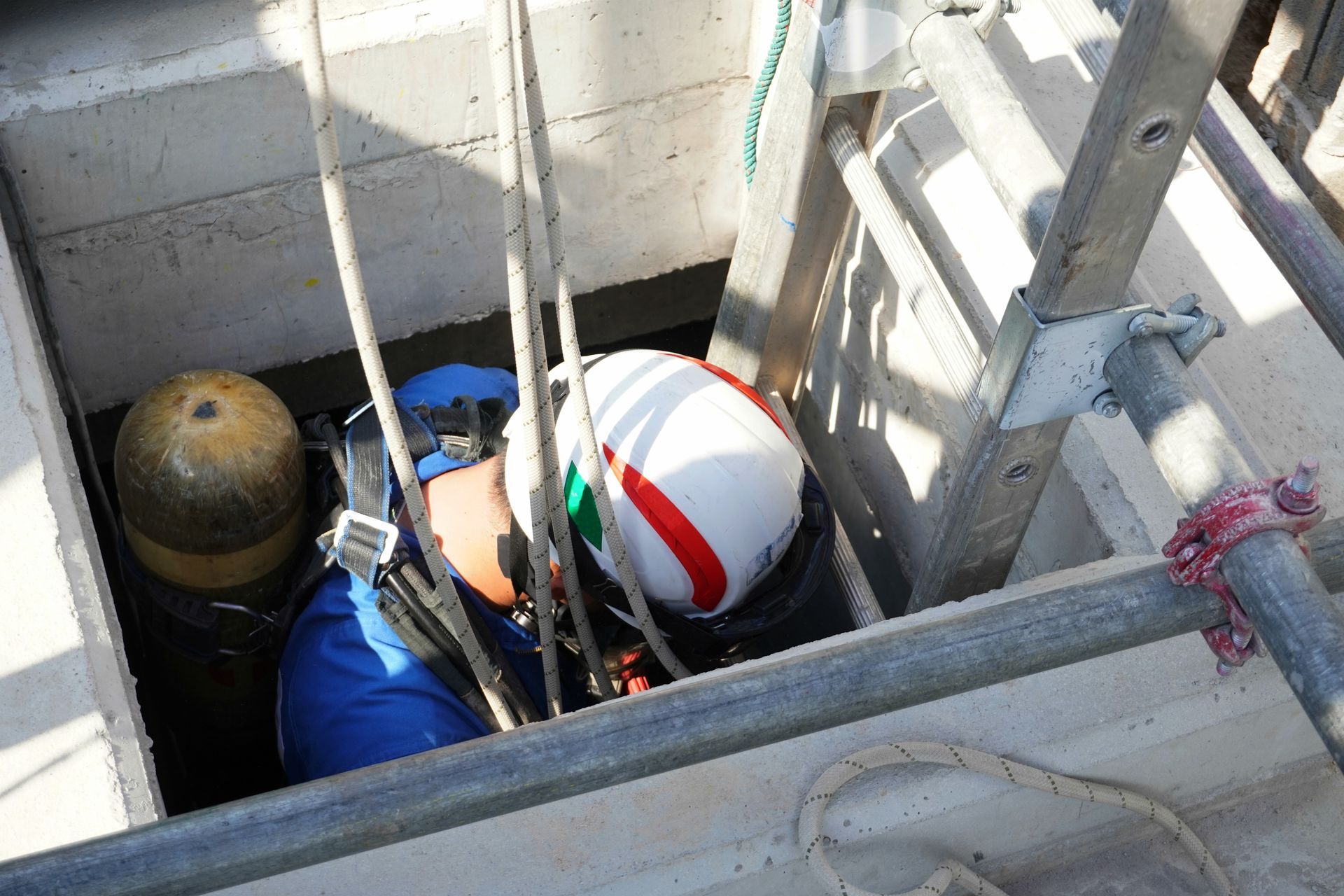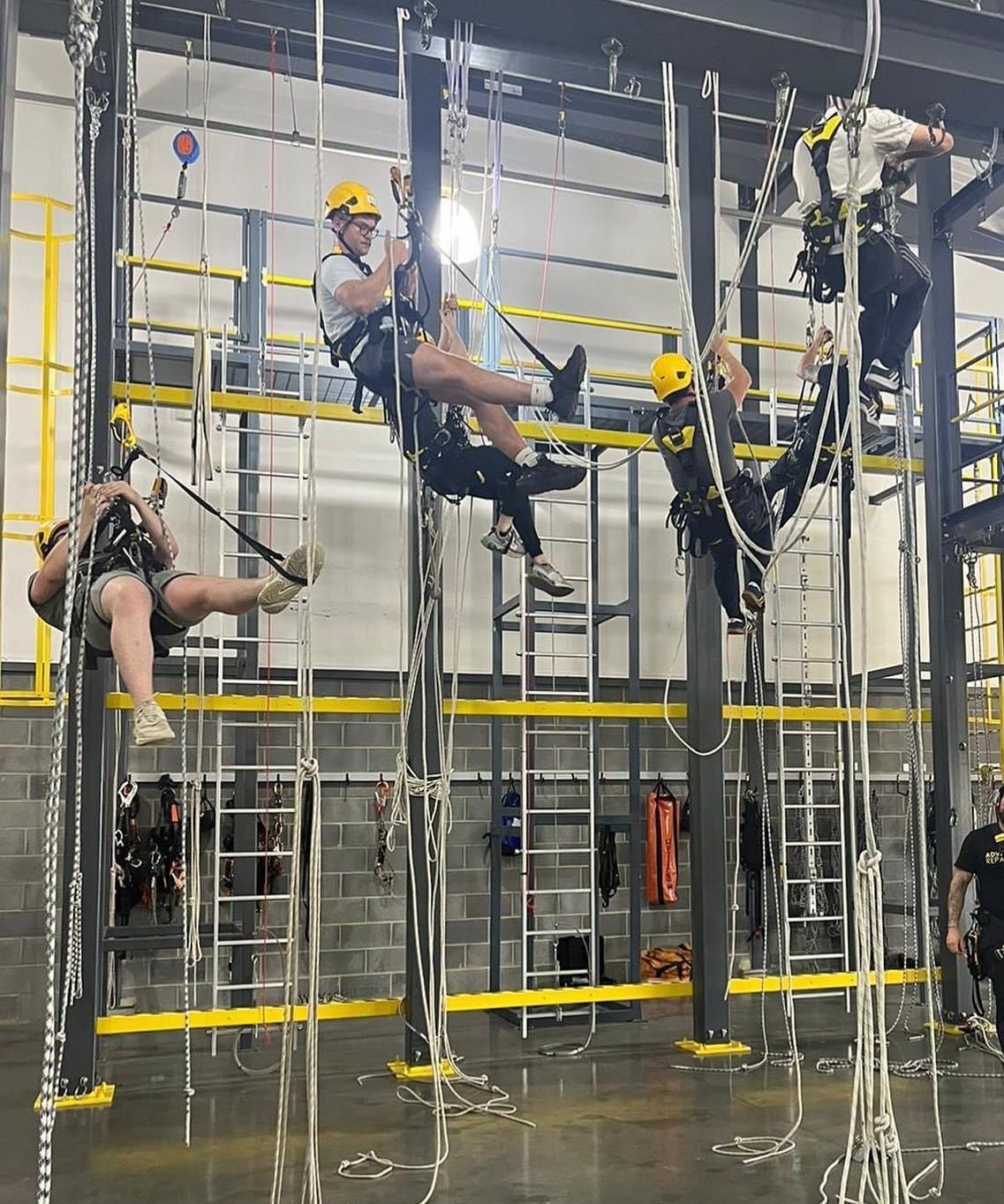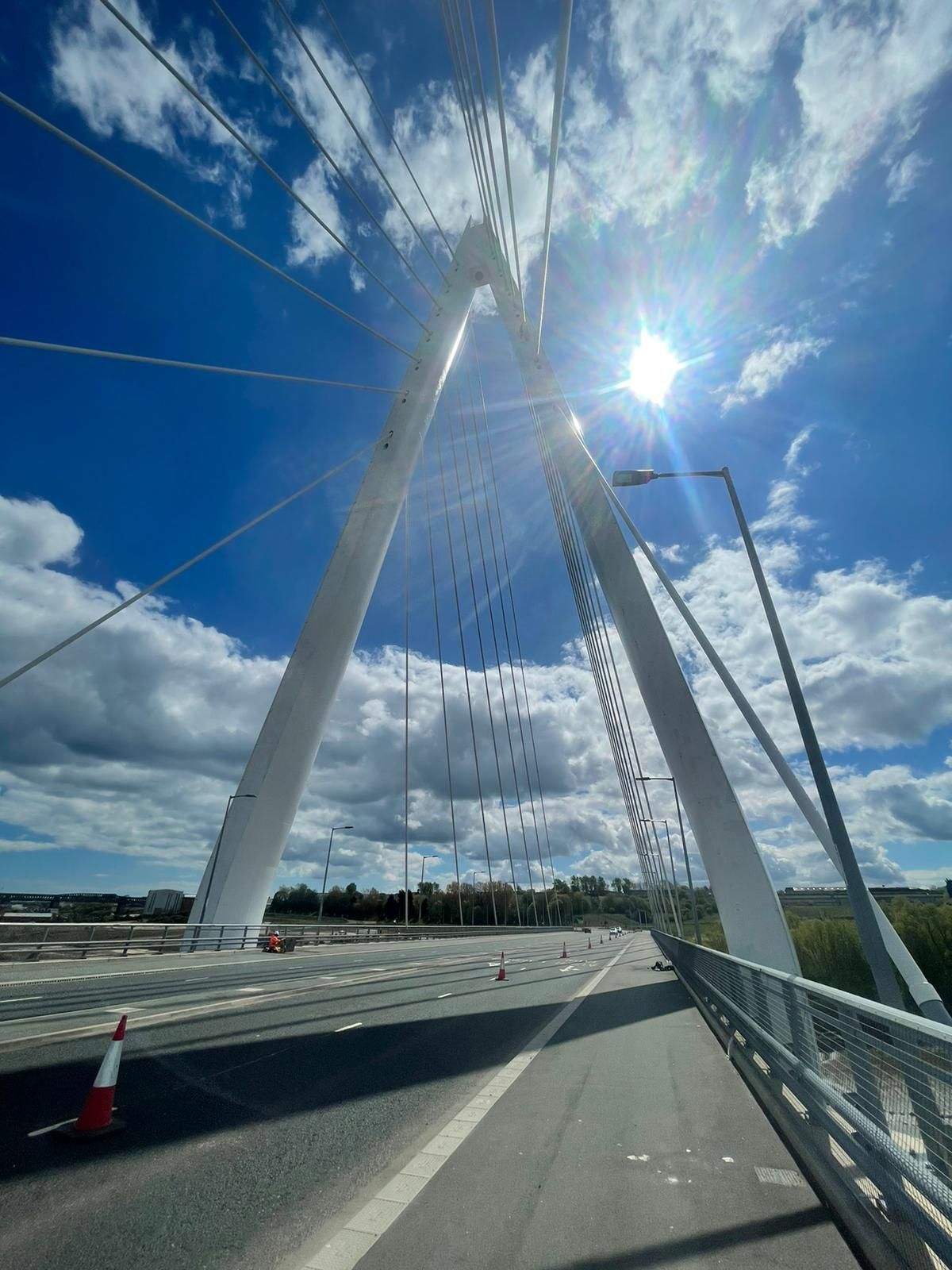Why Train as an Industrial Painter?

Why Train as an Industrial Painter?
Thinking about a career in industrial painting? Find out more about our painter training course availability here, and get started today!
At Dangle Academy, we’ve made a name for ourselves as expert trainers for people looking to get qualified in a range of areas including industrial painting and rope access. If you are interested in forging a career as an industrial painter, you may be wondering how to go about it and what qualifications you need – that’s why we’ve put this simple guide together!
Read on to find out more about training as an industrial painter and learn about Train the Painter accreditation.
So Why Should You Train as an Industrial Painter?
There are many career paths open to people who are interested in becoming a painter, but for many, the route into being an industrial painter is the most rewarding. This type of career requires extensive training and detailed knowledge of a wide range of different coatings for different uses.
In turn, by taking the time to educate yourself to the level of an industrial paint applicator, you can look forward to a excellent rate of pay and plenty of employment opportunities across the globe.
What is Train the Painter (TTP) Accreditation?
The idea of being an industrial coating applicator may sound attractive, but it’s important to take the time to get trained in the right way, by the right people, so that you can access as many career opportunities as possible.
At Dangle Academy, we strongly recommend undertaking our Train the Painter recognised qualification as it is the gold standard of training and seen as one of the best ways to prepare for your new career.
Not sure if you have time to complete a lengthy course?
The TTP industrial painter training can be broken down into a number of modules and levels, allowing you to complete the parts that work for your needs and ensuring that there are clear routes of educational progression when you are ready to take the next step. Train the Painter training is also available as a online painter training course allowing you study at your own pace, without taking time of work or incurring expensive travel costs.
At Dangle Academy, we offer a number of industrial painting routes for you to consider, including:
· Train the Painter Bronze
· Train the Painter Silver
· Train the Painter Gold
· Train the Painter Card (Blaster)
· Train the Painter Card (Sprayer)
· Train the Painter Card (Coating Supervisor)
· Thin Film Intumescent Painter
· Thick Film Intumescent Painter
· Thermal Metal Spraying
· Marine Coating Applicator
Where Should I Start to Get Qualified as an Industrial Paint Applicator?
If you are keen and ready to move ahead with your TTP qualifications but are just at the starting blocks of your educational journey then you may be unsure about how to proceed. The good news is that it is simple – get in touch with us!
When you reach out to our team, we will work with you to create a personalised learning plan to help you understand which courses to study and when. We will also take time to get to know your aspirations so that we can help you understand the best courses to pursue and learn about the support and guidance you may need to be successful.
When you choose Dangle Academy, you are never expected to learn without robust support systems in place.
What Career Options Are There For Candidates Who Follow Train the Painter UK?
You may think that learning how to train as a painter will result in jobs such as painting train tracks white for Network Rail and painting road signage or bridges for the Highways Agency, but it is much more than that!
In fact, when you’ve searched for a train the painter course near me in Belfast, Northern Ireland, you’ll find that the education you get, can take you across the globe, on land and at sea, offering high-quality, industrial painting and blasting to steel structures.
When you choose a TTP course, you will be taught a wide range of skills that are in-demand in the industry as well as helping you to develop skills that will help you achieve a long-lasting and successful career.
Some of these skills include:
· Undertaking an internationally recognised SSPC training course.
· Achieving international SSPC accreditation.
· Achieving the NORSOK M501 offshore applicator requirements.
· Learning how to delegate and oversee painting applications.
· Low margins of work error due to quality teaching.
· Learning how to manage workload in a pressured environment.
· Having a clear route for academic and professional progression.
· Knowing how to behave in a professional manner.
What to Expect from a Dangle Academy Course?
When you sign up to a course with Dangle Academy you can look forward to being supported by a team that want you to achieve outstanding outcomes.
Each of our courses can be views on our painter course page here, where you will find information on the length of the course, skills you will learn, options to study paint training online or the classroom based train the painter and a whole host of other important information, including the minimum learner age for each course.
Once you have completed your mandatory TTP bronze course, you can then come back to us to help you take the next step or you can put your new learning to use and start your new career as a protective coating applicator, safe in the knowledge that the skills you have learned with us will have fully prepared you for your future.
Ask Us Anything Before You Get Started!
If you are keen to get started on your industrial painting journey and want a train the painter card that shows your accreditation, we are here and ready to help! Dangle Academy is based in Belfast, Northern Ireland and is world-renowned as a leading training provider for TTP courses, rope access and wind turbine services.
We are proud to have a team that are highly knowledgeable, well-qualified and eager to help you reach your potential.
Our team will do everything possible to answer your questions, provide you with clear information and get you excited about what’s to come as well as talking you through our competitive pricing structure. If you want to know more, simply reach out to our team and we’ll guide you through the process – call or book online now to get started!
Why Choose Dangle's Academy
Here at Dangle, we pride ourselves on offering a wide range of professional and comprehensive inspection, access, coatings, and composite (IACC) industrial services and training courses to cater to the needs of both the private and public sectors. Our dedication to providing high-quality work at height solutions and training has helped us establish a strong reputation in the industry.
With a team of highly skilled and experienced professionals, we are committed to delivering exceptional results that not only meet but exceed our clients' expectations. Our on-site working at height services are designed to minimise maintenance costs in the long and short-term, allowing our clients to save on valuable resources.
Located in Belfast, Northern Ireland, our headquarters serve as the centre of our operations across Ireland. However, we also have a Dangle office based in Scotland, ensuring that we can extend our services to a wider clientele across the United Kingdom. No matter where you are located, our team is always ready to assist you with your industrial maintenance or training needs.
If you would like to learn more about how our dedicated team can help you, we encourage you to get in touch with us today. Our friendly and professional staff are always available to provide you with the information and support you require.
Contact us now to discover the Dangle difference and let us be your trusted partner in meeting your industrial service and training needs today.
We'd Love a Share...
You might also like


